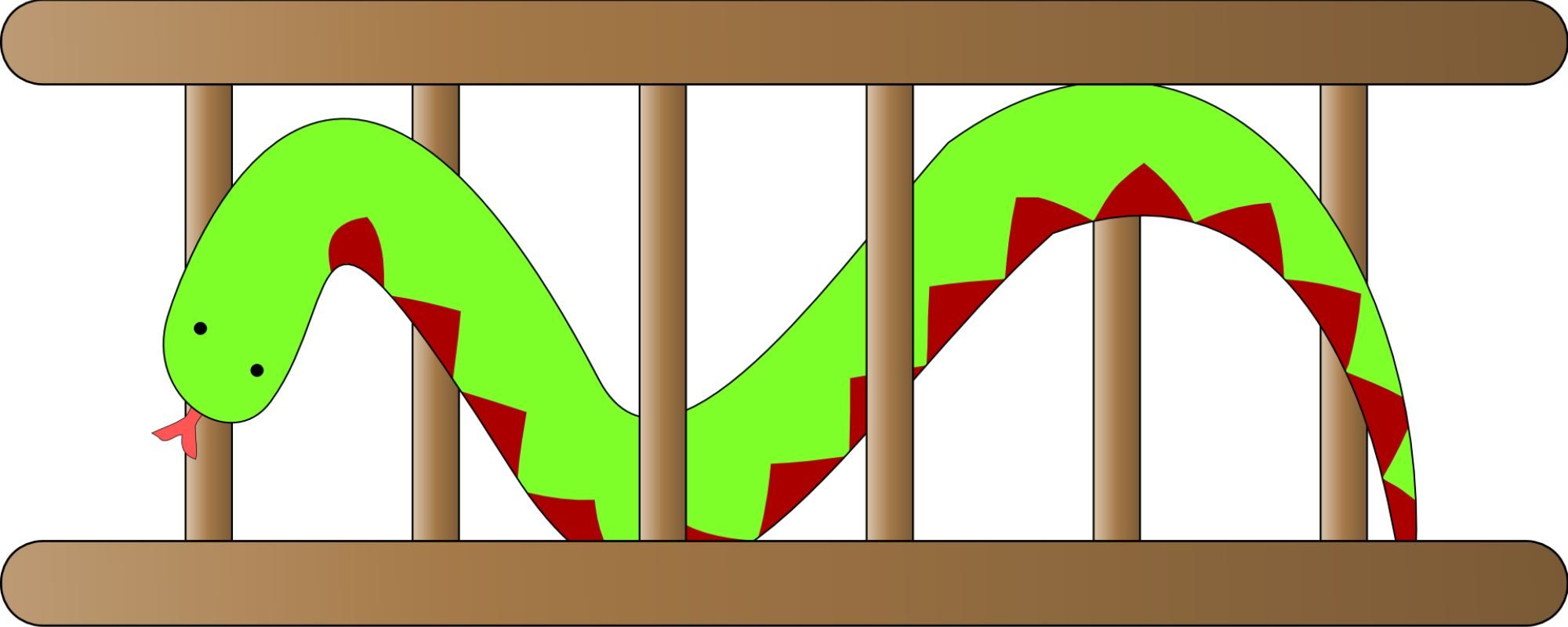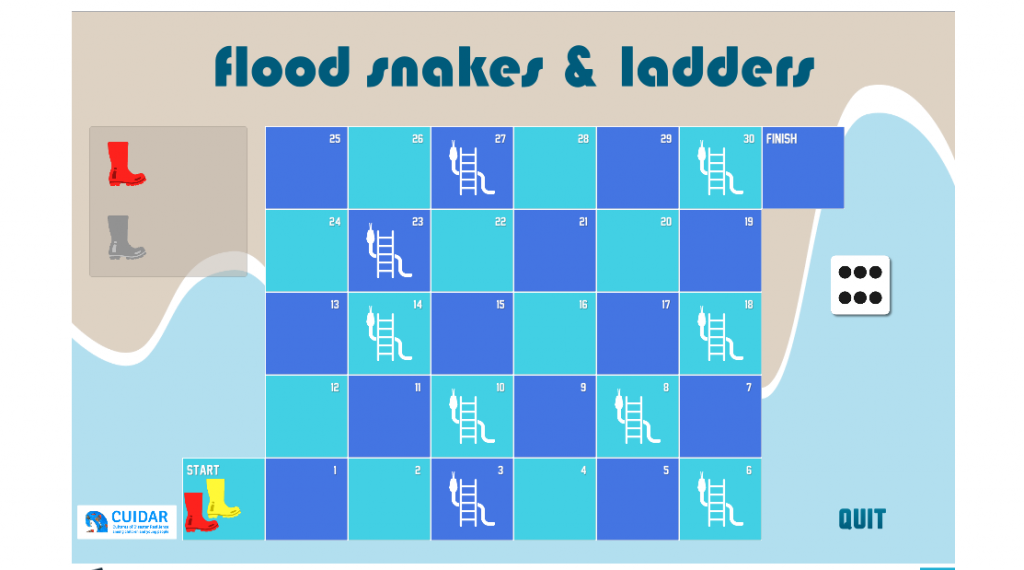Flood Snakes & Ladders was developed by social scientists at Lancaster University involved in researching the effects of flooding within communities and on the lives of adults and children. The game takes participants on a flood journey from a child’s perspective, using real data (quotes, photographs, drawings and 3D models) to explore what it is like both to experience and to recover from flooding. It is suitable for ages 10+.
For further information about Lancaster University’s research into the social effects of flooding, check out:
This version of the game can be played online by two or three people or in a workshop setting with up to 30 participants, grouped into 2-3 teams. See the User Guide webpage for advice on how to facilitate the game in a workshop.
Open the game in Chrome or Safari (64 bit computer).
Downloadable resources for playing the game in a workshop setting:
This version was designed as part of an online educational module for the British Damage Management Association (the certifying body for damage and recovery professionals) so that participants can play against the computer.
This game can be played on a 32 or 64 bit computer.
To enable sound on Safari (Mac devices):
- Open the webpage containing the game
- Open Safari preferences and select the websites tab
- Select the auto-play option for the website containing the game
- Select ‘allow all auto-play’
- Refresh the webpage
You can also download this version of the game as an android app.
Flood Snakes & Ladders focuses on the experiences of children and young people, using quotations and images from Lancaster University’s Children, Young People and Flooding Project. The game is a versatile resource that highlights the different ways that social research data can be used to engage with the policy and practice of risk reduction, flood preparedness, adaptation and emergency management. It can be used in a variety of situations:
- With emergency planners – to highlight the issues that they might wish to think about when planning recovery
- With policymakers – to help them experience how their policies play out on the ground
- With public and private sector practitioners involved in disaster recovery – e.g. insurers, loss adjusters, damage management professionals, local government workers, teachers, health professionals – to highlight good/bad practice and stimulate debate on the best ways to manage recovery
- With students aged 10 and above – to help them explore the disaster recovery process, to illustrate the potential consequences of climate change and to explore issues of flood preparedness and response
- As an ‘ice-breaker’ for courses dealing with a wide range of subjects – from hazard and disaster management to emergency planning and understanding the social impacts of climate change. While flooding is the case study used, the game highlights issues generic to disaster preparedness, experience and recovery.


